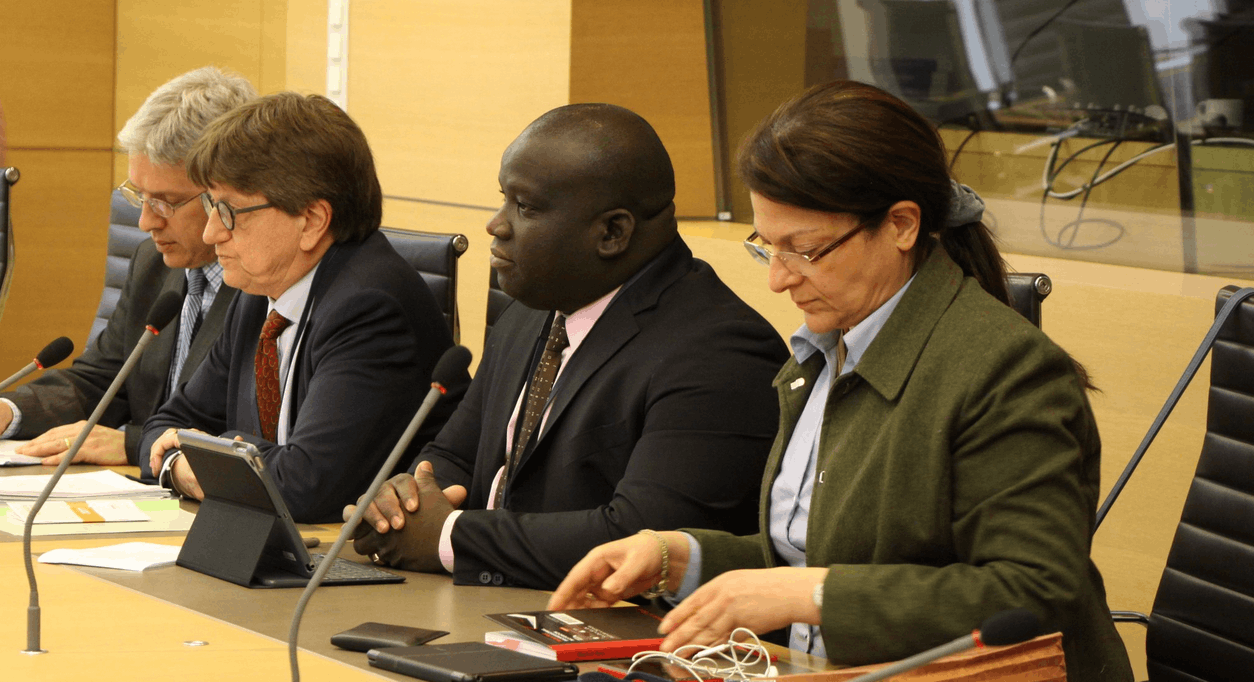The delegation spoke with MPs of the finance and budget committee on Friday 2 February to exchange views and prepare the annual report on the economic and financial situation in Luxembourg.
The IMF experts presented their analysis of the latest key economic indicators. While they found that the country is doing well, they also considered that now was the moment to prepare for the future. Luxembourg is facing several risks, most of which are related to the international environment.
One of these risks is a change in the tax environment, such as European initiatives against fiscal evasion or the impact of the tax reform in the USA.
Another could be Brexit, which so far has had a positive impact on the Grand Duchy, but which could pose medium- and long-term obstacles, especially for the funds industry.
Finally, international developments more broadly, such as geopolitical tensions and the monetary policies of central banks could also endanger Luxembourg growth.
National risks
The IMF identified, unsurprisingly, the lack of housing as one of the biggest risks, which is clearly linked to a lack of offer. The experts feared that young households will be impacted most by excessive debt levels, and suggested taxing unused land or empty dwellings. They also suggested more national instead of communal planning.
Just like many national advisory bodies, the IMF warned of the unsustainability of pensions in the medium- and long-term. The median age for retirement was rather low compared to international rankings, and suggested people should be discouraged from retiring early.
